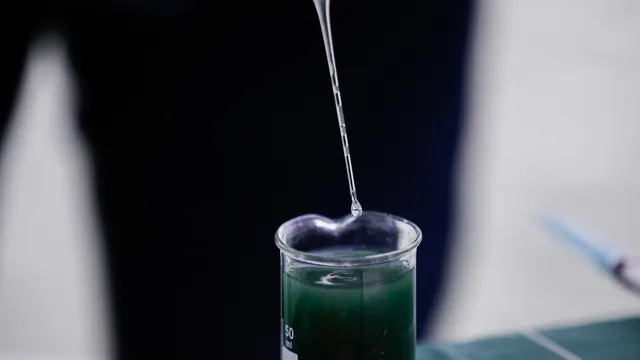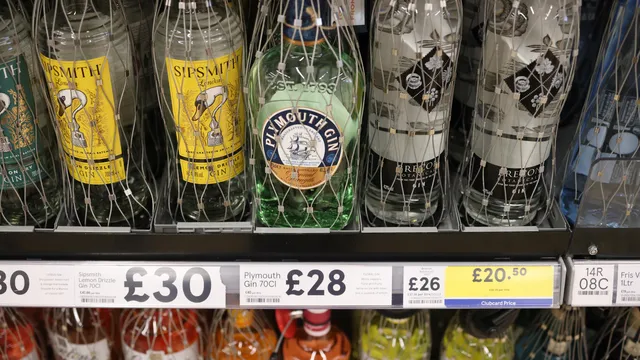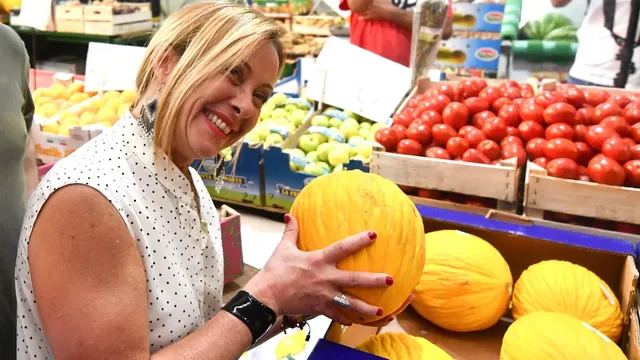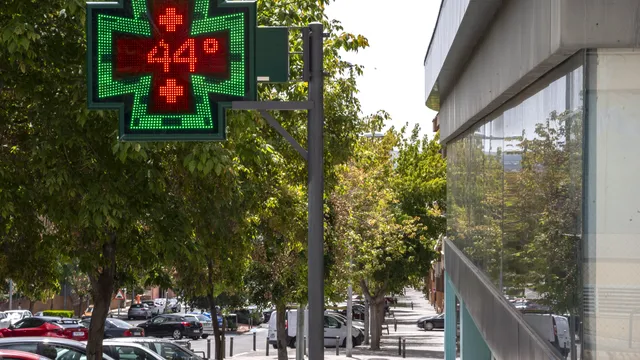Global health authorities want countries to increase so-called "sin taxes" to reduce the burden of diet and lifestyle-related chronic diseases. It is proposed that the money raised be directed to troubled health systems, Euronews reported.
The World Health Organisation (WHO) has called on countries to raise the prices of tobacco, alcohol and sugary drinks by at least 50% over the next decade. According to the organisation, raising taxes could prevent 50 million premature deaths over the next 50 years and generate $1 trillion (€854.4 billion) in public funding over the next 10 years.
Tobacco, alcohol and sugary drinks are among the main contributors to heart disease, cancer, diabetes and other chronic diseases, which account for around 75% of all deaths worldwide.
Tobacco alone causes more than 7 million deaths a year.
The WHO has long been calling for tax increases to discourage the purchase of these products. For tobacco products, it recommends a minimum tax rate of 75%.
In rich countries, taxes already account for around 67% of the price of a pack of cigarettes, while in lower-income countries they are around 57%.
"Health taxes are one of the most effective tools we have," said Dr Jeremy Farrar of the WHO.
"They (taxes - ed.) reduce the consumption of harmful products and create revenue that governments can reinvest in health, education and social protection," Farrar added.
Research shows that tobacco taxes help reduce smoking rates, especially in lower-income countries.
But recent evidence from the Netherlands suggests that higher taxes may no longer be enough to get smokers in small, wealthy countries to quit. According to the country's health agency, after the Netherlands raised taxes on tobacco last year, many Dutch smokers have simply started buying cheaper products abroad.
The European Commission (EC) is considering raising taxes on cigarettes and other tobacco products across the bloc under pressure from the Netherlands and more than a dozen member states.
Meanwhile, the sugar tax introduced in the UK in 2016 has prompted many soft drinks manufacturers to change their products. As a result, children's intake of added sugar from these drinks has almost halved.
In addition to potential behavioural changes, the WHO said taxes on these products could be one way for lower-income countries to offset aid cuts from the US, UK and other countries. | BGNES

 Breaking news
Breaking news
 Europe
Europe
 Bulgaria
Bulgaria







